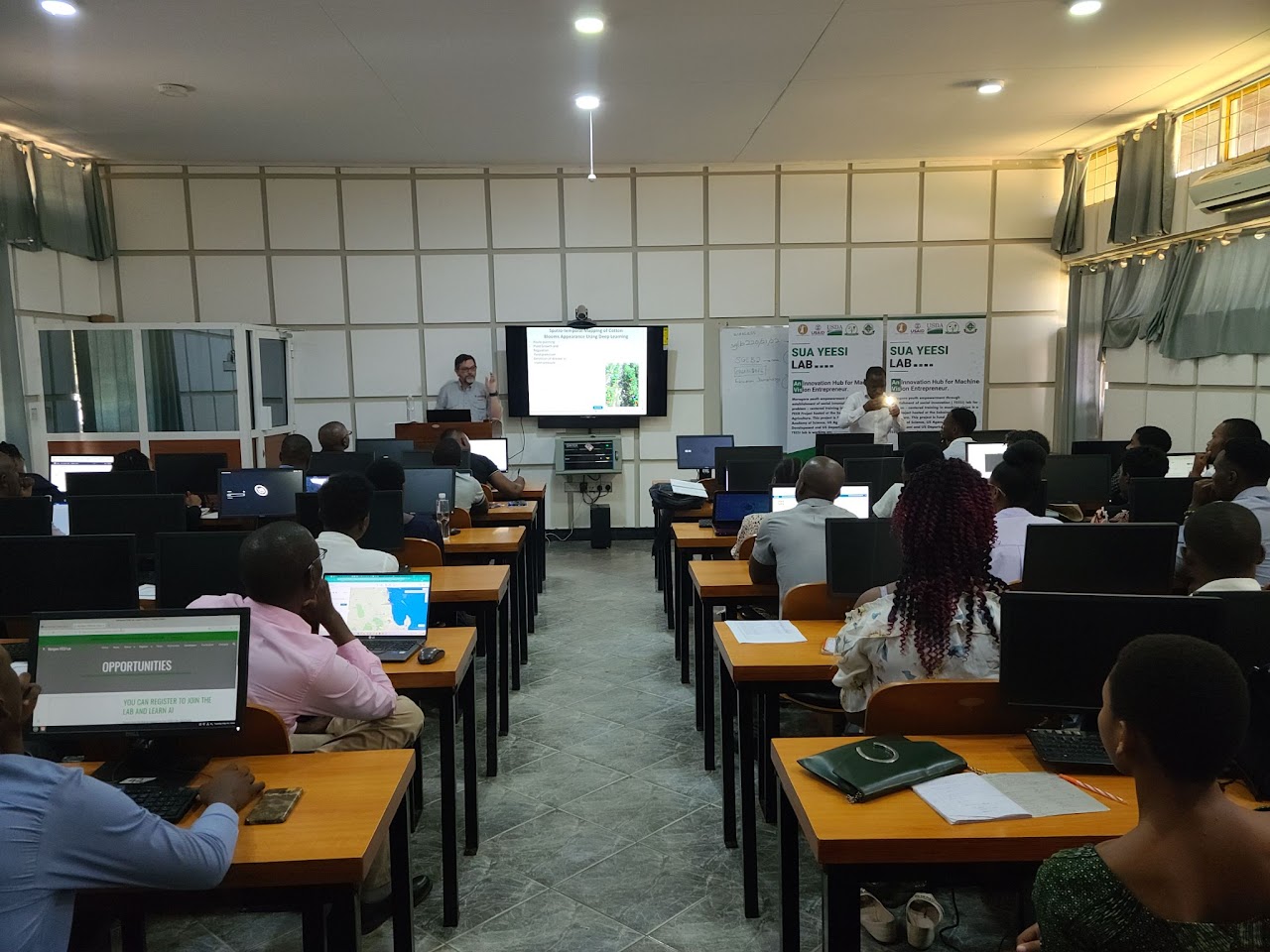The aim of this programme is to give students a sound knowledge of information technology fundamentals and their applications.
Semester 1
Core courses: Fundamentals of Computer Programming, Basics in Digital Circuitry, Foundation of Analysis, Introduction to Microcomputers and Applications, Linear Algebra I, Numerical Analysis I
Elective courses: Communication Skills I, Organization of Information Communication Theory and Practice, Principles, Theories and Contemporary Issues of Development
Semester 2
Core courses: Fundamentals of Computer Networks, Computer Architecture, Data Structures and Algorithm, Introductory Statistics, Discrete Mathematics, Communication Skills II Elective courses: Entrepreneurship in ICT I, Organizational Behavior, Social-cultural Implications of ICT, Information Communication Technology for Development, Linear Programming, Calculus of Functions of a Single Variable
Semester 3
Core course: Database Concepts and Design, Human-Computer Interaction, Geo-Informatics, Object Oriented Programming–I, Web Content Design and Management, Operating System
Elective courses: Communication Skills I, Computer Maintenance and Repair, Computer Graphics, Mathematical Logic and Formal Semantics, Mathematical Statistics
Semester 4
Core courses: Object Oriented Programming – II, Information Systems Analysis and Design, Information Storage and Retrieval, Knowledge Management, Managing Information and Systems, Operations Research
Elective courses: Introduction to Computer Simulation and Modeling, e-learning Design, Ordinary Differential Equations
Semester 5
Core courses: Web Programming, Software Engineering and Project Management, Database Implementation and Management, Network Design and Administration, Information Architecture, Research Project I: Research Methods and Proposal Development
Elective courses: Knowledge-Based and Expert Systems, Mobile Application Development, Numerical Analysis II
Semester 6
Core courses: IT Security, Artificial Intelligence, Distributed Systems, Management of Telecommunications and Computer Networks, Professional Skills for IT Practitioners, Research Project II
Elective courses: Records and Archives Management, Decision Support Systems, Entrepreneurship in ICT – II, Functional Analysis.

